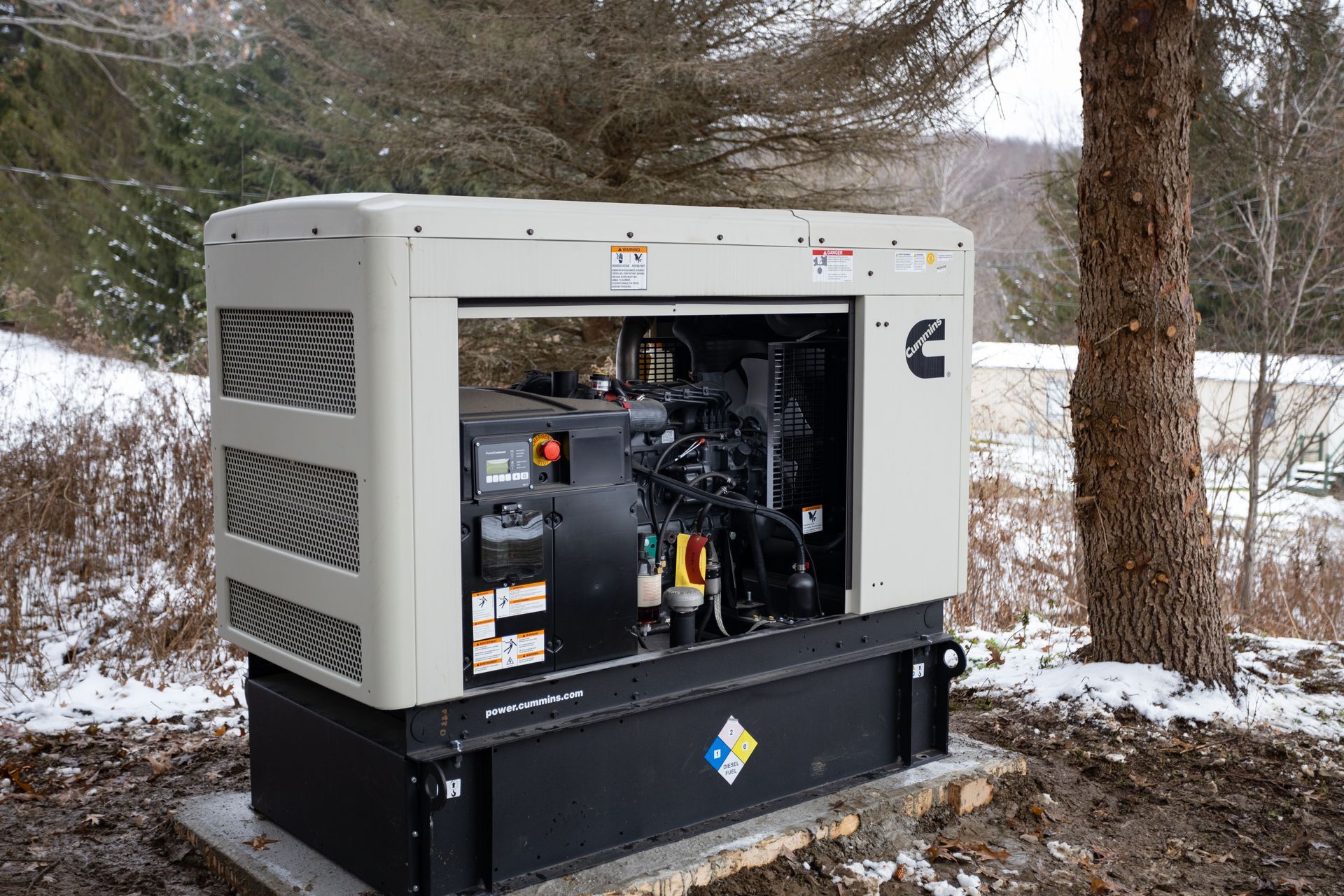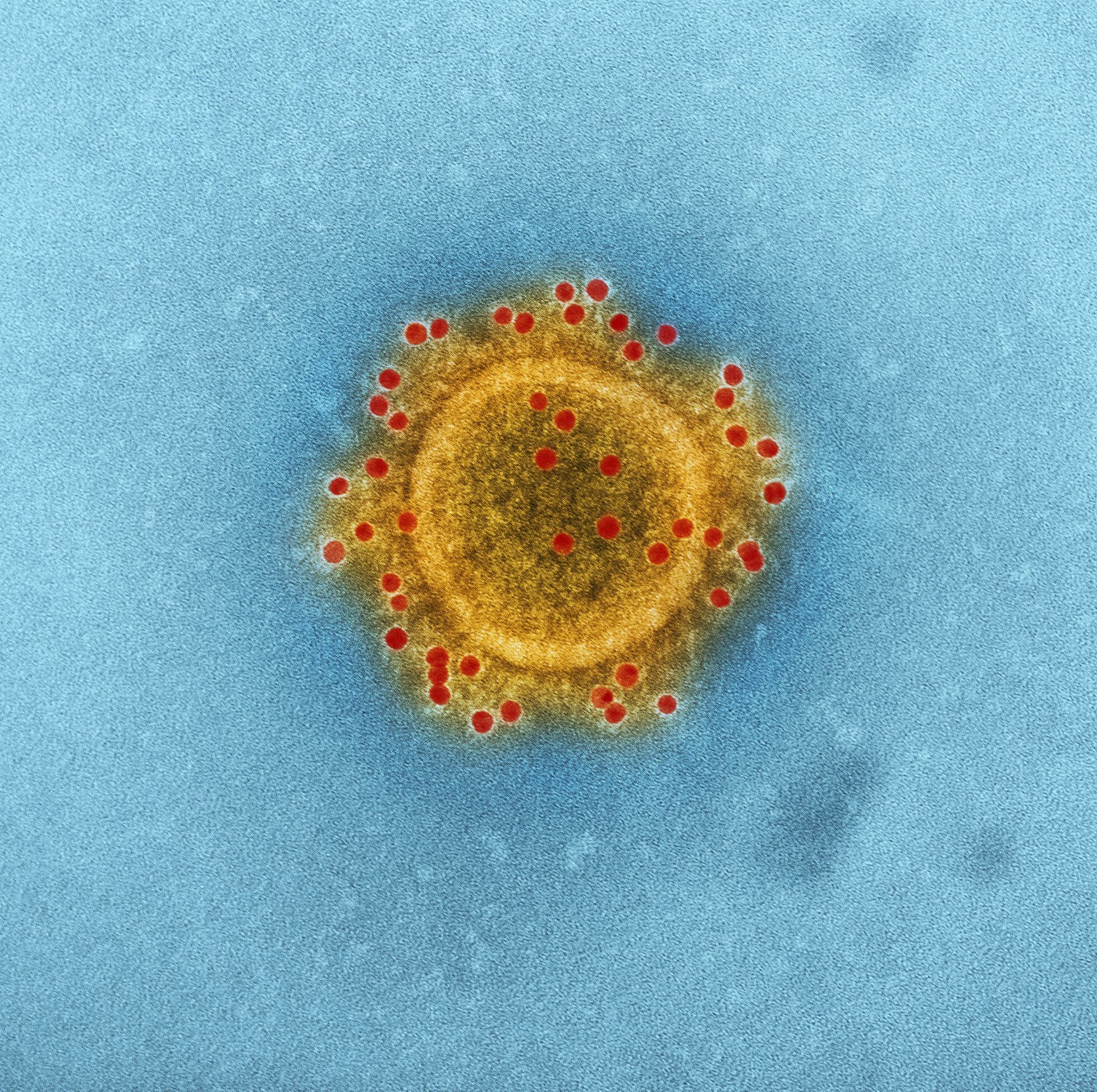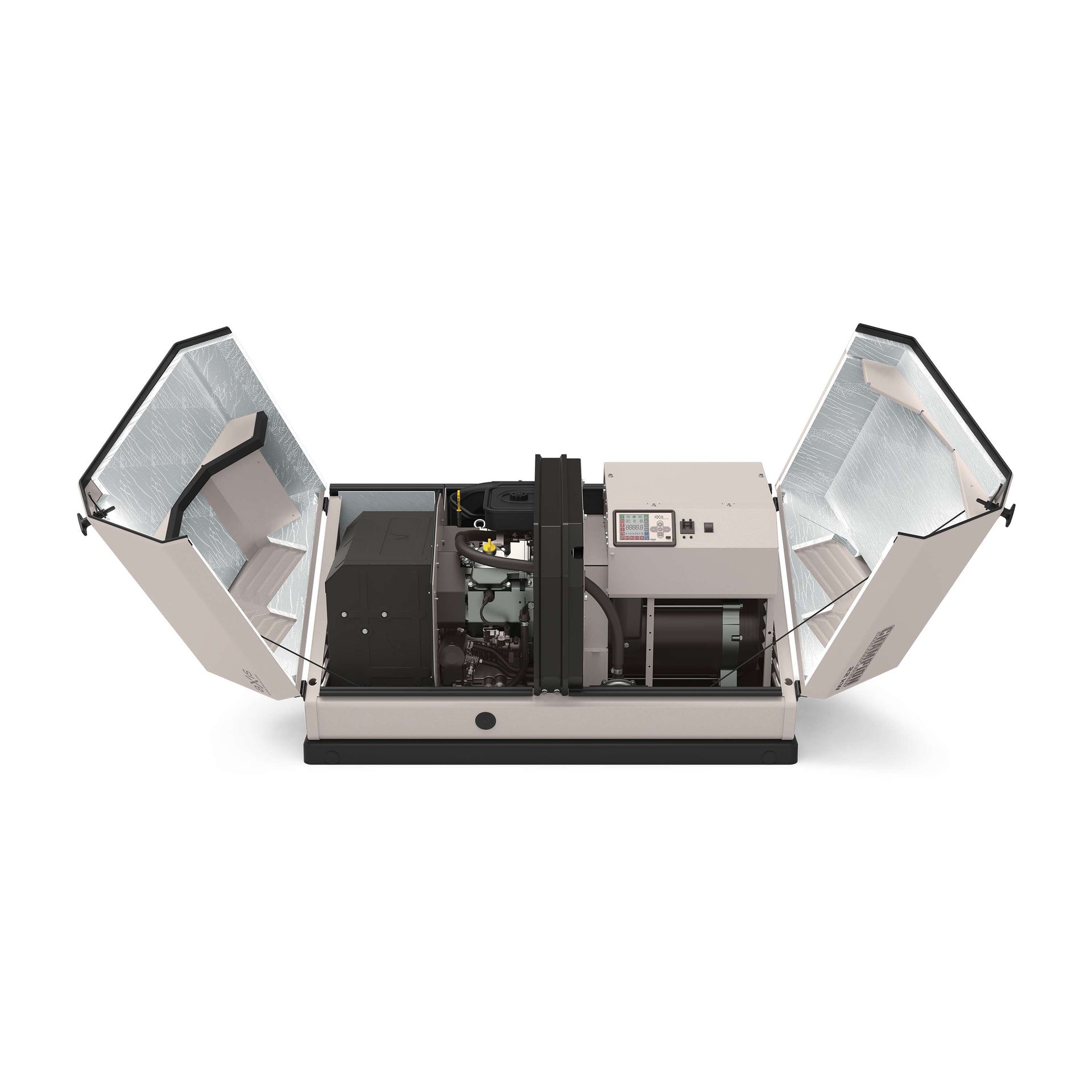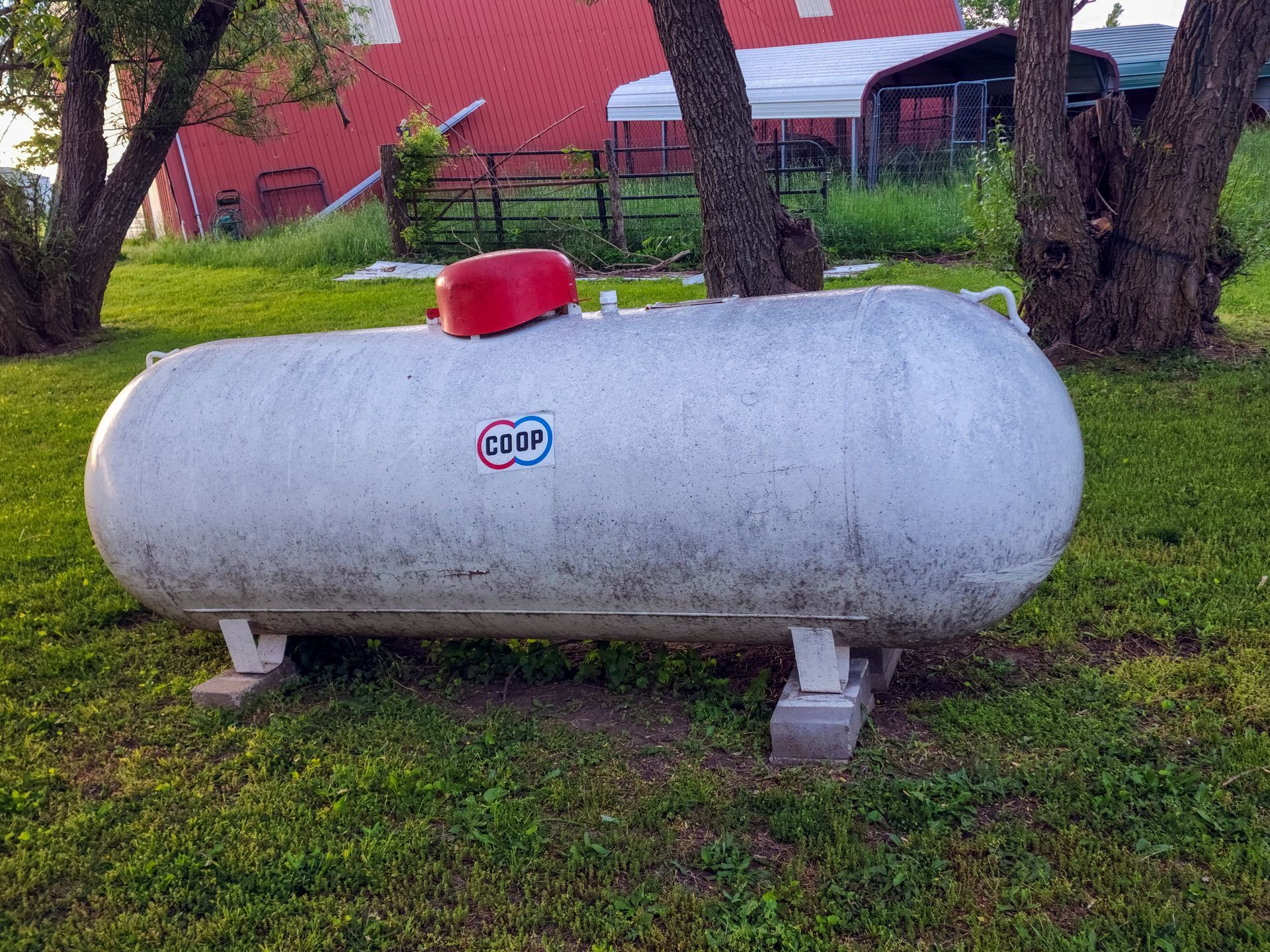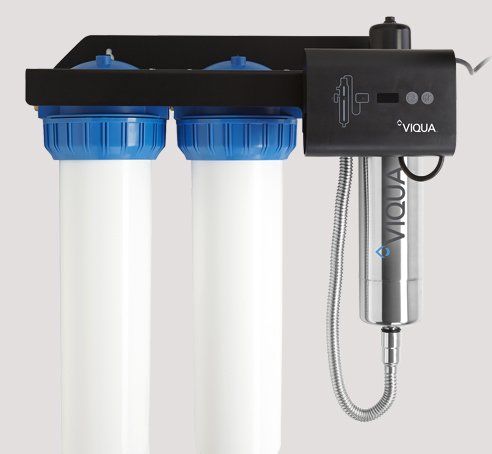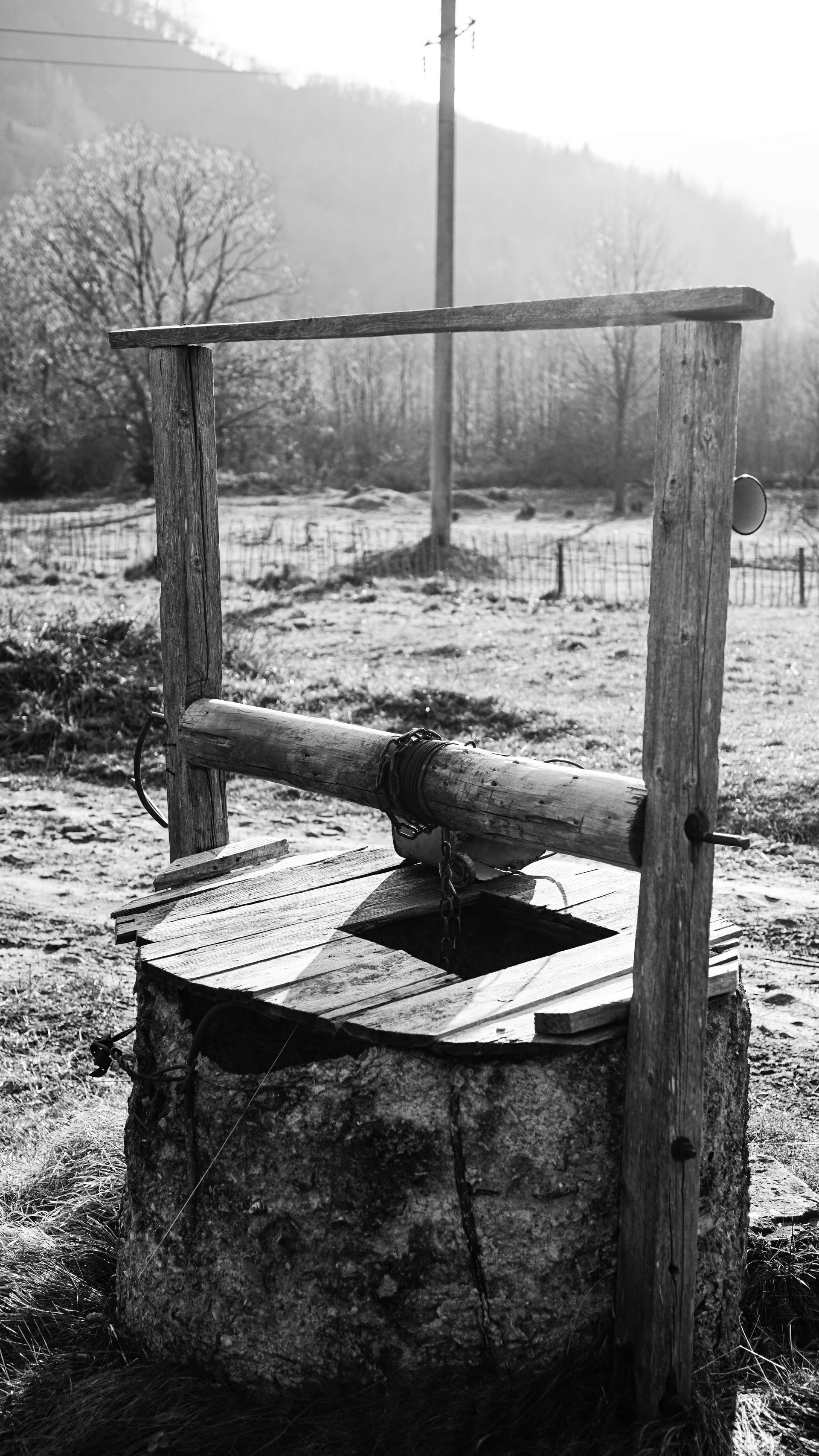Water Softener 101: The Basics of Your Water Softener
For every homeowner, it is important to know the most important basics of your water softener system. Here is a breakdown of all the basics. Everything you need to know from systems, to salts to general function can be found here.
If you already own, or are considering a purchase of, a home water softener system then you may already be familiar with some of its basic functions. We’ve put this article together to help homeowners better understand their systems and to help them research water softeners and potential purchasing information.
It is highly recommended that homeowners keep and read any manuals or information relating to their existing water treatment systems. Even if you choose not to browse any of these materials, having access to manufacturing information including model and serial numbers can help you in the troubleshooting process down the line, should you have any issues with your system.
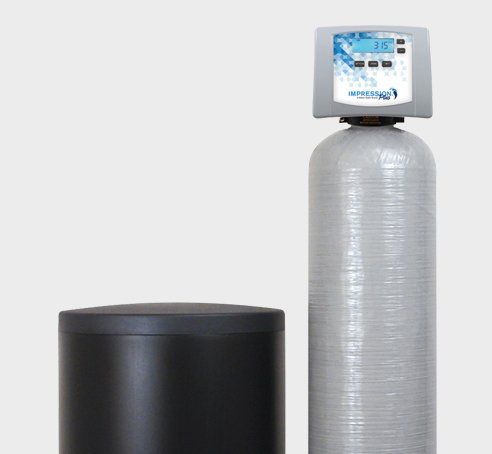
What Does a Water Softener do?
A water softener removes various mineral composites including calcium and magnesium, which are the main contributors to the “hardness” of any given water supply. Depending on where you live, water conditions can change pretty drastically, resulting in different conditions in different regions of the country. Some places have water tables that are very hard, making a water softener very desirable.
The process by which these minerals are removed from the water is called ion exchange. This can be difficult to explain, but what essentially happens is the hard minerals are transferred into the resin beads within your water softener, which causes the “soft” water to be pushed through the system. The resin beads (charged by your system's salt) and the minerals have opposite charges, which is what allows for the whole process to take place.
What Are the Issues With Hard Water?
Hard water can cause various issues for homeowners varying from mildly annoying to potentially hazardous. Let’s start with the more serious issues and then work our way down to the less serious ones. Keep in mind that the severity of these issues can vary significantly depending on how hard your water is.
Over time, hard water does significant damage to home pipes, fixtures and any appliance that cycles water. Hard water, specifically the calcium and magnesium deposits in hard water, cause scale build up in everything they frequently touch. Pipes can slowly begin to lose water pressure, appliances can seize or stop working completely and fixtures can develop a scummy look and smell. A home with hard water will be having pipe issues more frequently than others, and will also experience shorter lifespans with home appliances like water heaters, dishwashers and laundry machines.
Hard water can also be a
nuisance in the realm of personal consumption and hygiene as well. Frizzy hair, a “soap scum” like film from bathing and dry, itchy skin are often indicators that your hardness levels are above average. You may also see more frequent “soap scum” like films on dishes, in your coffee maker and on other appliances as well.
How Do I Determine My Water Quality?
The first thing you can do is get a state certified lab to conduct a water test on your property. This is highly recommended for homeowners to conduct on a daily regular basis (even more so for those on well water). In New York State, for example, different counties have relationships with different labs to conduct water tests. In some circumstances, like selling property, some water tests are required for the sale.
A more common way this is done is by buying water test kits or having your water tested by a service professional. Many companies that sell and install water treatment systems (like ours, for example) will give free tests to homeowners for the opportunity to recommend water treatment systems. It is important to note that Water Softeners are generally not recommended for treating other water quality issues beside hardness.
Also, if you are legally required to get water testing done for mandated purposes such as re-selling a home, a test done on your own or by a service provider will not meet those requirements.
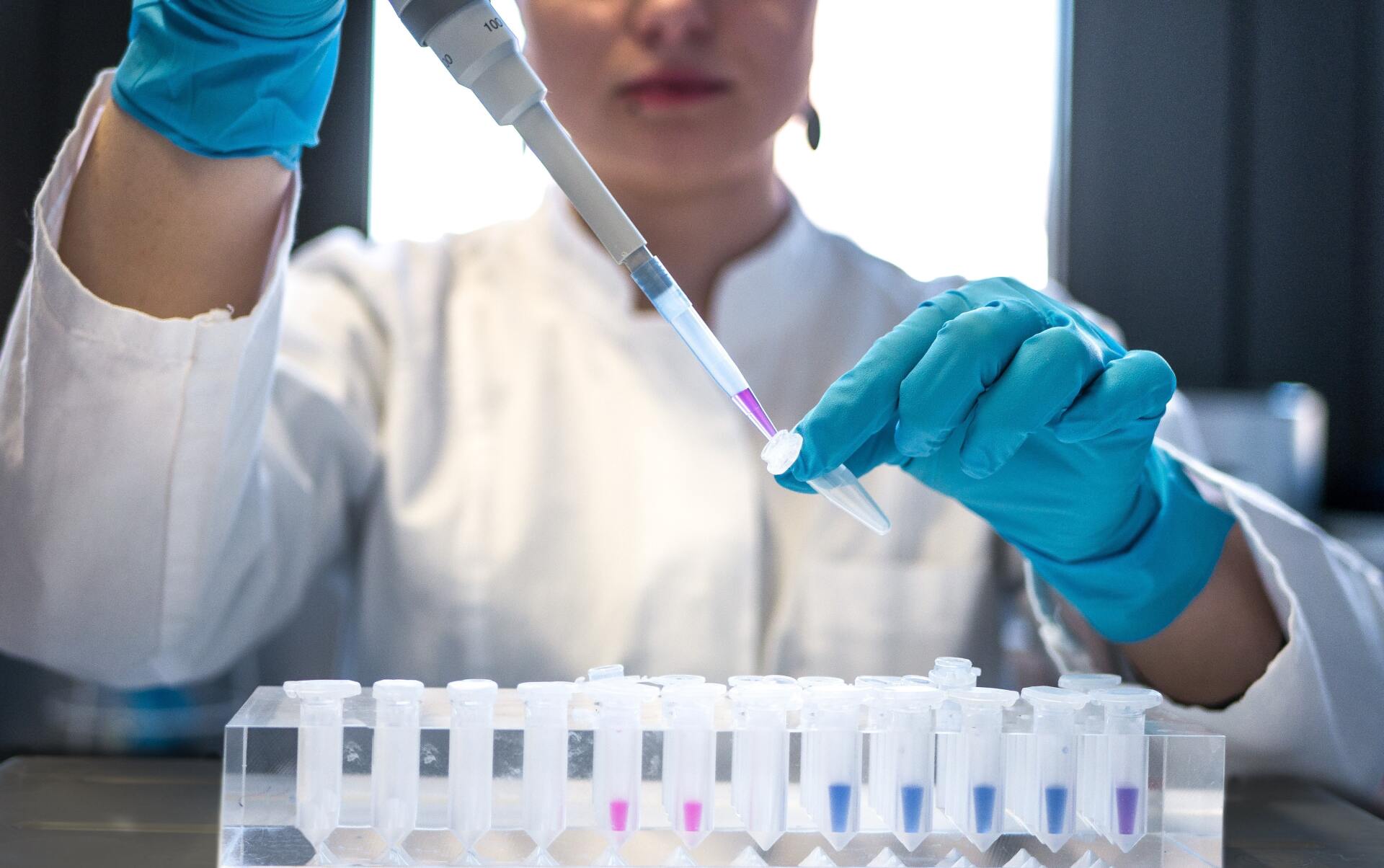
What is Regeneration?
Regeneration is a necessary process for your water softener to function correctly. On a regular interval, the system will use the salts provided to cleanse the resin beads, allowing them to continue softening your home's water. This process is generally done on a use basis, i.e. gallons of water. A typical softener may regenerate weekly, and most systems can be set up to do so automatically.
This process is what consumes the salts you put in your brine tank. With all that in mind, you should be able to have an idea of how much salt you use within certain time frames. If you use less water than the average, you may want to set your automatic regeneration period for longer than weekly intervals, so you consume less salt.
During regeneration the salts are used to re-ionize the resin beads, which allows them to continue removing calcium and magnesium from your water. With this in mind, if you start to experience issues with your softener, the very first thing you should do is make sure you still have salt in the brine tank. Some water softeners will have an alarm system that notifies you when it is out of salt and when it is regenerating.
How Do I Troubleshoot My Water Softener?
As is the case with any home appliance or piece of technology, occasional troubleshooting on the owners part may be necessary. For that reason, we recommend that homeowners keep the manuals or any other paperwork that was included with their unit. You do not necessarily need to go through and read all of this material, but having the information about the unit (make/model/etc.) may help you to find solutions online.
If you had your unit installed by professional contractors, consider writing down their information as well and keeping it with your manuals. Unless the solution to your problem is relatively simple, you may want to consider giving them a call.
Hurricane Home Solutions is a home contractor that specializes in water treatment systems, servicing large parts of New York State and Northern Pennsylvania. We highly recommend water purification systems from Water Right to homeowners in our region. To learn more about the systems we have available consider reaching out to us today by email at info@hurricanehomesolutions.com or by phone at 1-833-999-0039
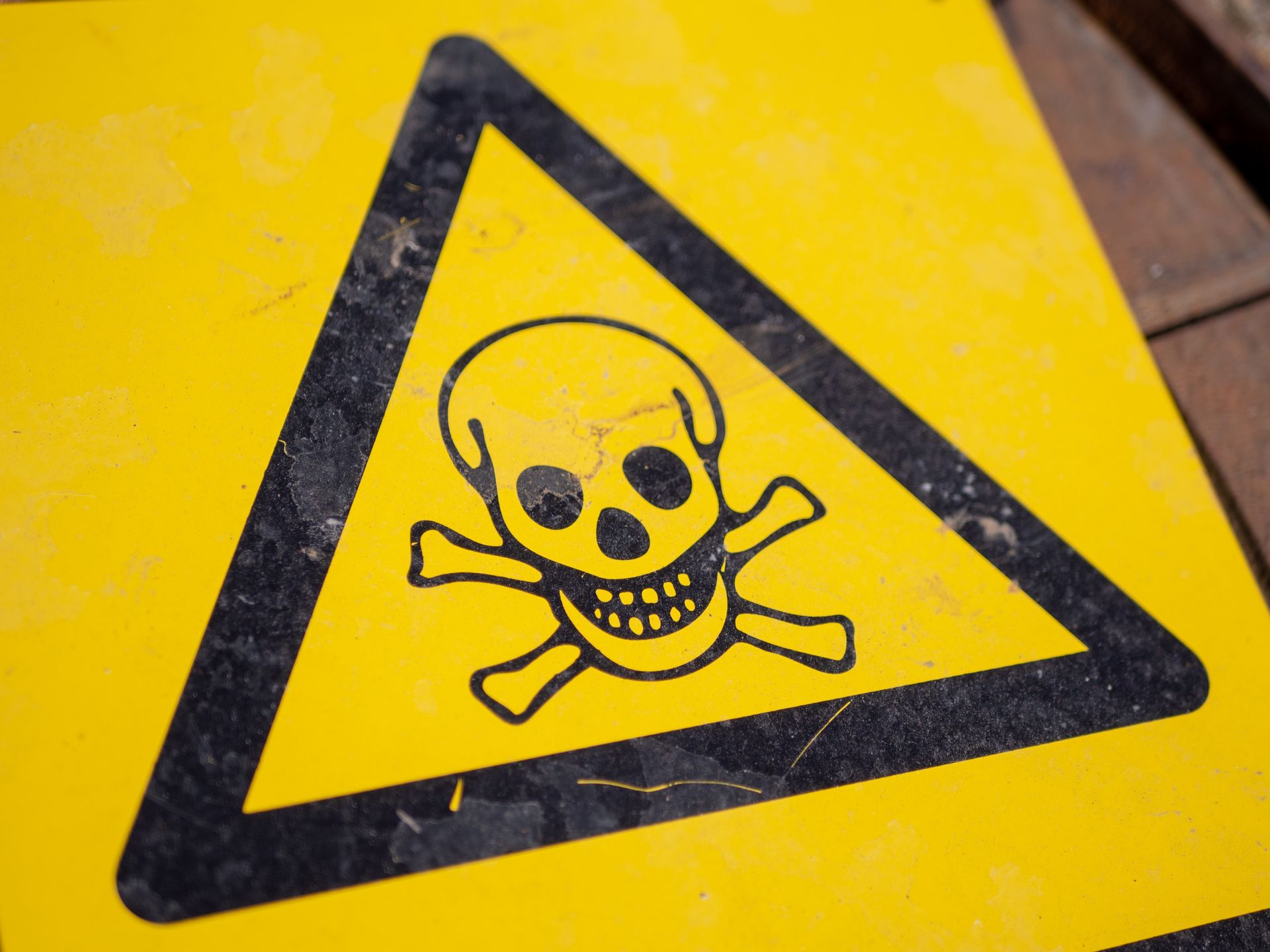
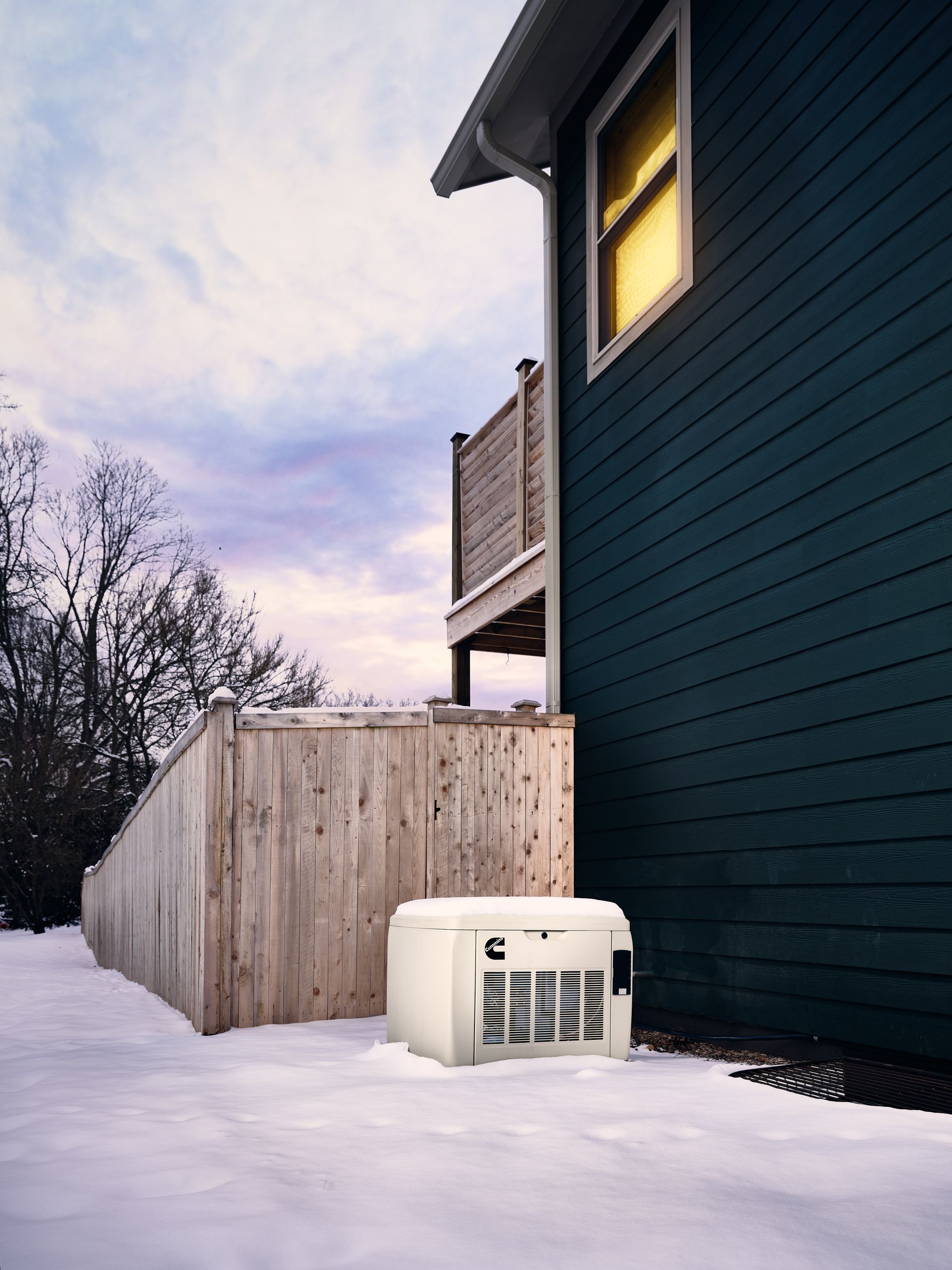
Our Locations:
2025 Brighton Henrietta Town Line Rd,
Rochester, NY 14623
12A Petra Ln. Suite 4
Colonie, NY 12205
1051 S Main St. Suite 6
Elmira, NY 14904
3959 N Buffalo St. Suite 37
Orchard Park, NY 14127
493B Blue Eagle Ave.
Harrisburg, PA 17112
1392 Frey Rd
Pittsburgh, PA 15235
(412) 229-8089
1247 US-15
South Williamsport, PA 17702
Emergency Services 24/7
Standard Business Hours;
Monday-Friday: 8:00AM - 4:00PM
Contact Information:
Syracuse Area - Oswego, Auburn, Ithaca, Cortland, Utica, Rome...
Buffalo Area - Lockport, Warsaw, Niagara Falls, Batavia, Albion...
Rochester Area - Geneseo, Canandaigua, Penn Yan, Waterloo...
Watertown Area - Lowville, Canton, Star Lake, Potsdam...
Binghamton Area - Elmira, Norwich, Watkins Glen, Bath, Belmont...
Albany Area - Troy, Schenectady, Schoharie, Ballston Spa, Hudson...
Williamsport Area - Wellsboro, Lock Haven, Bellefonte, Towanda...
Wilkes-Barre Area - Bloomsburg, Pottsville, Jim Thorpe, Scranton, Milford...
Harrisburg Area - Lebanon, Reading, Lancaster, York, Carlisle...
Pittsburgh Area - Washington, Greensburg, Beaver, Butler, Kittanning...


